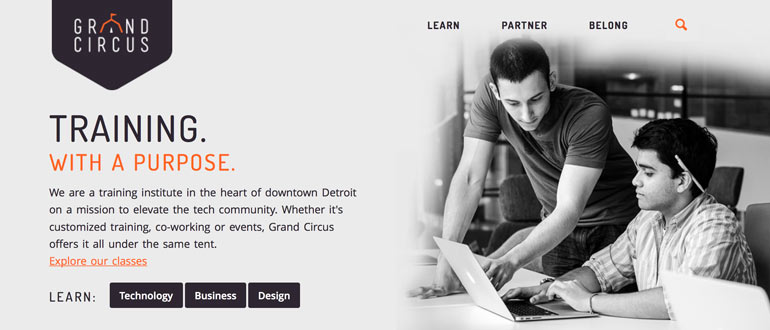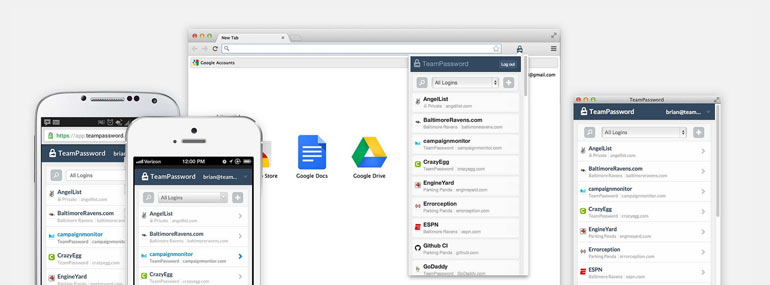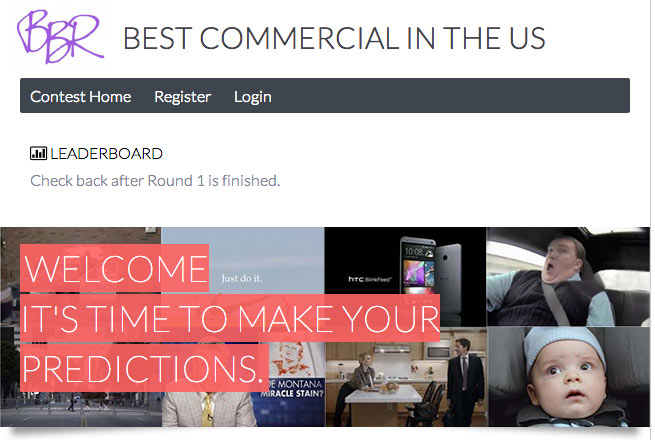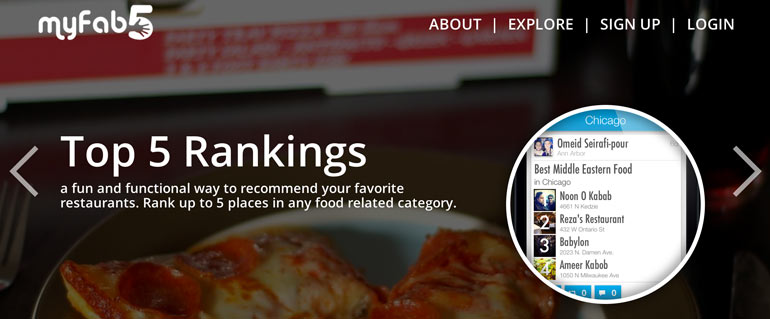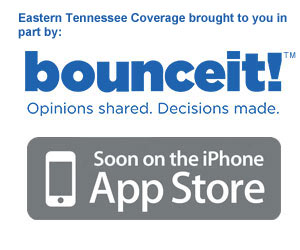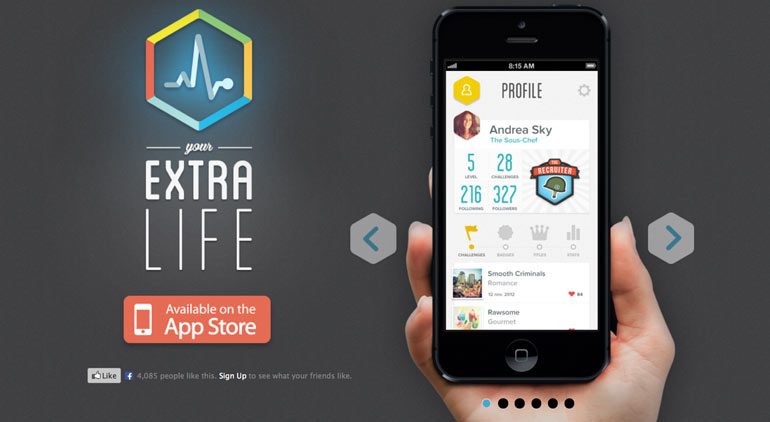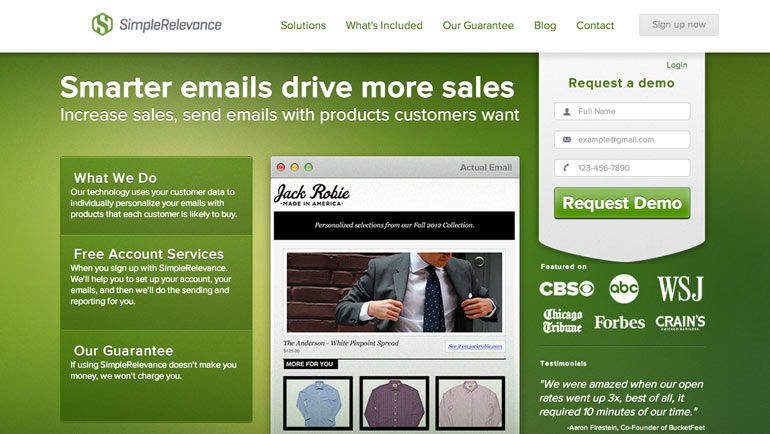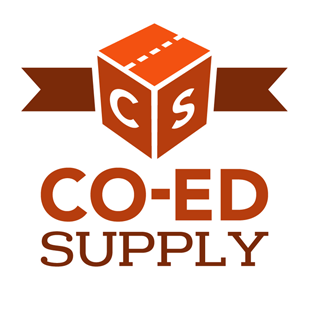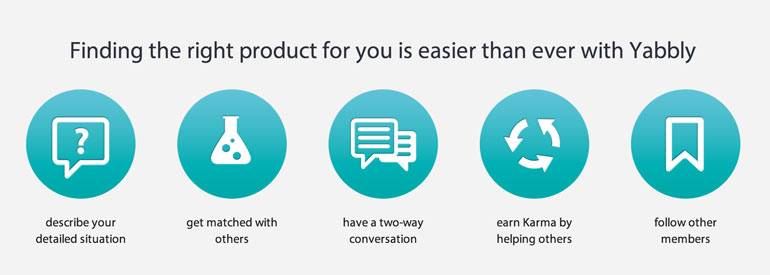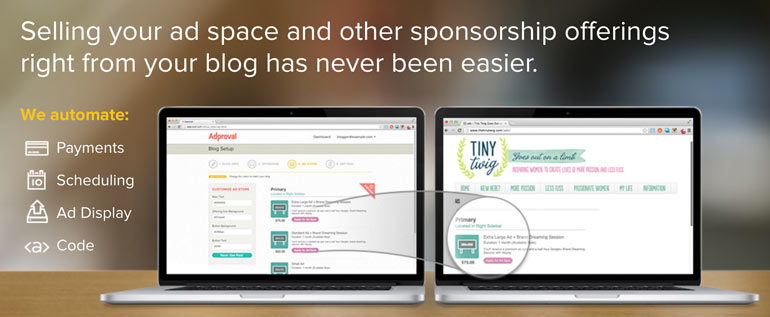When we think of startups, tech, and entrepreneurs we don’t usually think of the industrial revolution, or the invention of things like the automobile. We don’t often equate names like Henry Ford, William C Durant, Charles Stewart Mott, or even Berry Gordy. Decades ago these were the innovators and entrepreneurs that bucked the system, created companies and created jobs. Henry Ford created Ford Motor Company, Durant and Mott were behind General Motors, and Gordy is the king of the R&B music we know today, the founder of MoTown.
All we think, when we hear Detroit today, is $10,000 mansions in foreclosure and a city government that’s filed for bankruptcy. Now it’s up to the next generation of entrepreneurs and innovators to refuel the city that was once a thriving mecca of modern day technology, innovation, and entrepreneurship. Detroit startups are at the foreground now of breathing life back into one of America’s industrial beacons.
One of those startups is Grand Circus. While Grand Circus is a startup itself, they are on the ground floor of Detroit’s technological revolution. Grand Circus is 15,000 square feet of tech training space. But we’re not talking about traditional certificate-based classroom learning.
“…we dismiss that true skill comes with a certificate. We focus instead on outcomes that matter. With project based instruction our training delivers real world expertise. We call it training with a purpose. Our curriculum is based on the latest in technology, business, and design, and we have partnered with the best and brightest. Our instructors are real world practitioners who are at the top of their field and committed to the success of their students. [We’ll offer] More than 30 different classes this fall – including Build an iPhone App, The Design Process, and Digital Marketing,” Grand Circus’ Kelly LaPierre told Nibletz in an interview.
Michigan, and Detroit specifically, already have a handful of great startups, that if successful will continue to create jobs in the Motor City. But this time instead of motors they’re using keyboards, computers, laptops, the internet and iPhones. We’ve recently covered myfab5, a Detroit startup making restaurant reviews and decision making much easier. Two weeks ago we reported on UpTo, a Detroit shared calendar startup that raised a $2 million series A. DVP (Detroit Venture Partners) has also graced the pages of Nibletz quite a bit over the last year. So there’s no doubt that people in Detroit are stepping up.
Grand Circus is making it even easier for people to step up by learning the skills that they really need to create the next wave of startup companies. They will also play an instrumental part in grooming the next generation of employees for these startups.
We got a chance to interview the team behind Grand Circus. Check out the interview below:
What is your startup called?
Grand Circus – named after Detroit’s historic Grand Circus Park that our new space overlooks in downtown Detroit. We are located in 15,000 square feet of space in the newly renovated Broderick Tower.
Who are the founders, and what are their backgrounds?
Grand Circus was kick-started when co-founders Damien Rocchi and Brad Hoos met while working at Detroit’s collaborative tech space in the M@dison building. “We saw the opportunity and quickly converged on a mission to create an amazing home for tech training in Detroit, a city with immeasurable talent that is just starting to reach its full potential,” said Rocchi.
What’s the startup scene like in Detroit?
Detroit startup scene is booming – SA Today names Detroit one of the “10 Great Places to be Inspire by Innovation” Fast Company’s piece “How A Young Community of Entrepreneurs is Rebuilding Detroit” called the city a “refuge for techies looking to tackle real problems.” The New York Times also spotlighted Detroit’s tech scene, nothing that hiring in the city’s tech sector is pulling developers from the coasts. Detroit has seen a 10 percent year-over-year increase in tech job listings, which makes the city the fourth in the nation for total employment in the tech industry.
What problem do you solve?
There is an ever-growing need for tech professionals in Detroit’s burgeoning digital hub. “As Detroit continues to grow and evolve its technology core, developing creative and talented technology professionals is critical. We are excited about the important role Grand Circus will play in the city’s continued revolution,” said Josh Linkner, Managing Partner of Detroit Venture Partners.
Why now?
“Detroit’s tech scene is dynamic and there’s a certain vibe and feel that exists here that you just have to experience,” said Hoos, COO and Co-Founder of Grand Circus. “We’re excited to be at the epicenter of Detroit’s tech earthquake just as it’s making waves.”
What are some of the milestones your startup has already reached?
Grand Circus joins Detroit Venture Partners’ (DVP) portfolio, a venture capital firm formed by Detroit business leaders Dan Gilbert, Josh Linkner, and Brian Hermelin.
What are your next milestones?
Classes start this fall
Where can people find out more? Any social media links you want to share?
grandcircus.co or www.facebook.com/GrandCircus or @grandcircusco


